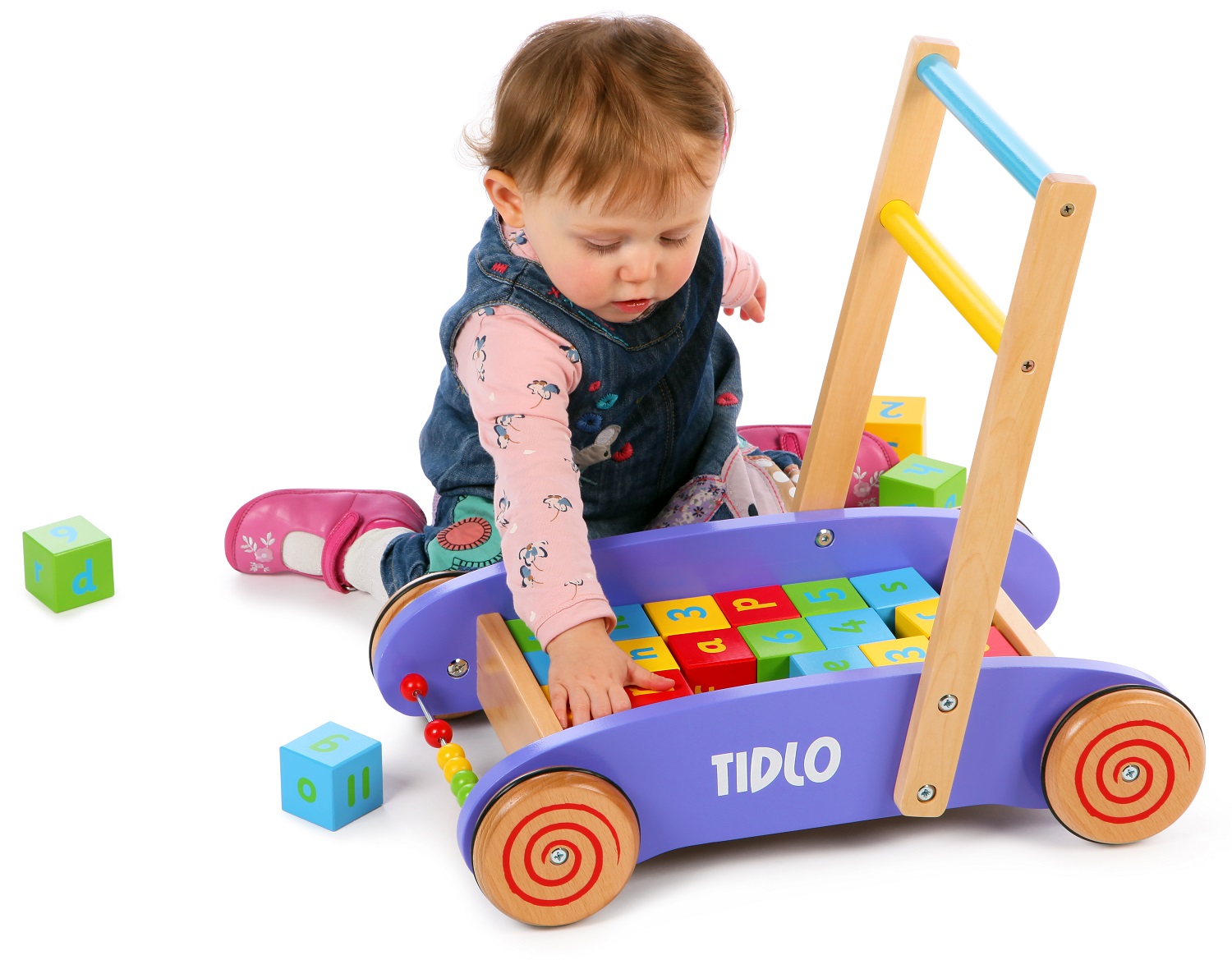First-time parents often feel overwhelmed caring for their baby, especially during the first 12 months. The learning curve is steep, and there’s much to adjust to after your little one arrives. Here’s a guide to caring for your baby during their first year, courtesy of KidsPlaza!
1. Caring for a 1-Month-Old Baby
- Newborns typically sleep 16-20 hours a day.
- Avoid using pillows for your baby, as they can affect their spine and, worst of all, pose a suffocation risk. A folded thin muslin cloth is a safe alternative.
- Do not give your baby water from birth to six months old. Water can negatively impact their digestive system, leading to water intoxication and malnutrition, as their stomachs are small and kidneys are not fully developed.
- You can introduce black and white images to stimulate your baby’s cognitive development. Important note: Keep images at least 20cm from your baby’s eyes and change them weekly to keep them engaged.
Caring for a 1-Month-Old: 4 Essential Tips
Caring for a newborn can be daunting. These four tips will make it easier.
2. Caring for a 2-Month-Old Baby
- Feed your baby for 10-15 minutes per session, every 3 hours, to establish a regular feeding schedule.
- Practice gentle head-lifting exercises with your baby, 10 seconds at a time, twice a day.
- Establish a consistent routine for soothing your baby.
- Avoid holding your baby excessively, as this can hinder the development of independent sleeping habits.
- Never shake or vigorously toss your baby, as this can severely damage their brain. Learn about the dangers of shaking a baby!
Warning: Don’t Harm Your Child by Shaking or Tossing Them
Shaking or tossing your baby, while seemingly harmless, can have severe consequences for their developing brain and body.

3. Caring for a 3-Month-Old Baby
- Three-month-olds may nap 1-2 times in the mornings.
- Babies typically nurse about 6 times a day, consuming 100-120ml per feeding. A total daily intake of around 600ml is sufficient.
- Encourage your baby to follow moving objects with their eyes.
- Remember to massage your baby after each bath to stimulate their nervous system and sensory development.
4. Caring for a 4-Month-Old Baby
- Use a low pillow for your baby.
- Consider infant swimming, which boosts immunity, lung capacity, and confidence.
- Limit screen time to under 3 minutes to prevent eye damage from radiation.
- Use a specialized cotton swab to clean your baby’s ears.
- Play music for your baby.
- Encourage your baby to grasp objects.

5. Caring for a 5-Month-Old Baby
- You can introduce solids, but experts recommend breastfeeding exclusively if possible.
- If introducing solids, start with small portions (1-2 teaspoons) and observe your baby’s reaction. Gradually increase the amount as they adjust. Remember: introduce foods from sweet to savory, small to large portions, and thin to thick consistencies.
- Teething may cause discomfort or fever.
- Engage in more conversation and teach basic words like “mama,” “baba,” “grandma,” etc.
6. Caring for a 6-Month-Old Baby
- Breastfeeding remains important, and avoid giving yogurt or cow’s milk.
- This is an ideal time to start solid foods, according to nutrition experts.
- Babies at this age exhibit more personality and can be fussy; parents need to learn patience.

7. Caring for a 7-Month-Old Baby
- Pay attention to teething and oral hygiene.
- Read to your baby and show them colorful pictures.
- Babies may fake cry to get what they want. Observe your baby’s behavior to avoid reinforcing attention-seeking crying.
- Respond calmly when your baby throws toys in a tantrum.
- Gradually introduce your baby to strangers; avoid rushing the process.
8. Caring for an 8-Month-Old Baby
- Do not give your baby cold water or soda.
- Encourage the use of spoons and cups.
- Babies at this age can imitate actions; teach them new things.
- Avoid instilling unnecessary fears, such as fear of ghosts or monsters, as these can persist into childhood.

9. Caring for a 9-Month-Old Baby
- Introduce soft rice or steamed buns.
- Give warm water to prevent sore throats.
- Avoid unhealthy snacks and difficult-to-digest foods.
- Encourage climbing and crawling activities.
10. Caring for a 10-Month-Old Baby
- Avoid candy and chocolate.
- Do not give snacks before meals; establish healthy eating habits.
- Develop a habit of reading books together.
- Cultivate interests, such as listening to classical music (10-15 minutes daily), playing puzzles, or searching for objects.
- Prepare a toy box for your baby and teach them to put away their toys.

11. Caring for an 11-Month-Old Baby
- Start fostering independent thinking.
- If your baby is playing with an old toy, don’t immediately introduce a new one. Wait until they finish and are ready to put the old toy away.
- Look at animal books and teach your baby animal names.
- A walker may no longer be necessary.
- Avoid spoiling your baby.
12. Caring for a 12-Month-Old Baby
- Teach your baby to turn pages and recognize numbers.
- Teach your child to get up after falling.
- Let your baby walk barefoot to improve balance and sensory perception, and boost immunity.
- Encourage speech development by prompting them to name objects. For example, when they reach for a cup, ask “What do you want?”
